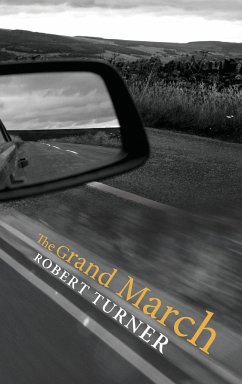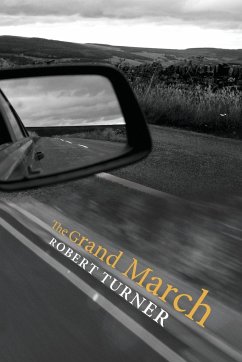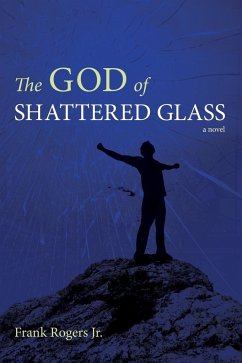When young Russell Pinske feels life is passing him by, he hits the road to shake things up. He catches a ride as far as his hometown in Indiana to visit friends and find a way to the West Coast. While there he stumbles through the summer on his wayward journey of self-discovery, bouncing from one impetuous impulse to another, becoming involved in the misbegotten capers of a gang of petty crooks and falling into a romance with an older woman. His motivation for his trip begins to wane as he gets mired in small-town life and wrapped up in the problems and preoccupations of the people around him. So when an old friend cruises into town under mysterious circumstances and offers a ride to California, Russell sees a chance to get back on the road and back on track, if he can extricate himself from his entanglements.
Hinweis: Dieser Artikel kann nur an eine deutsche Lieferadresse ausgeliefert werden.
Hinweis: Dieser Artikel kann nur an eine deutsche Lieferadresse ausgeliefert werden.








